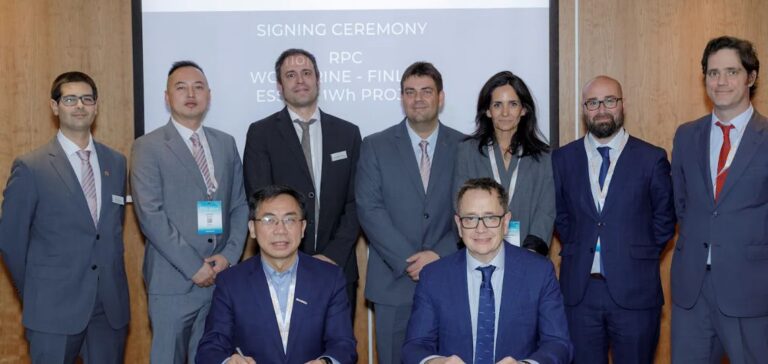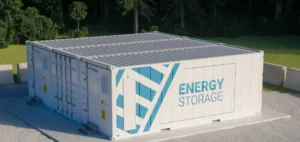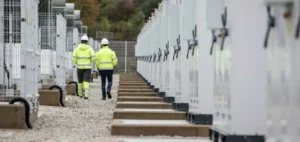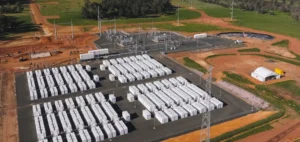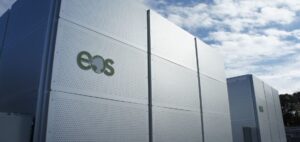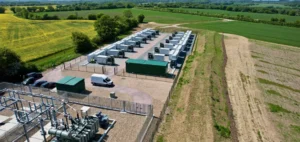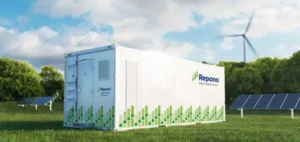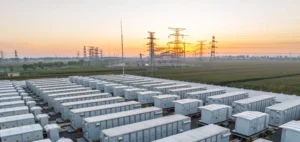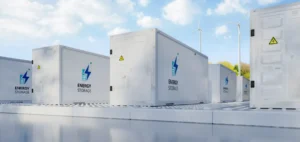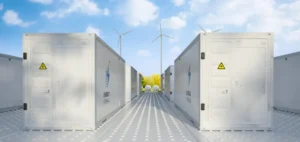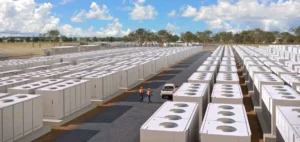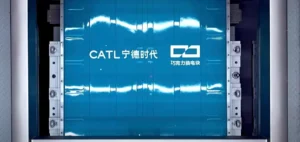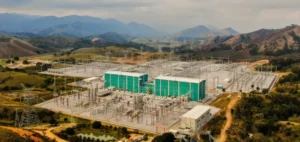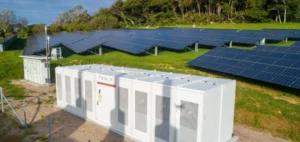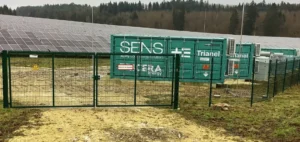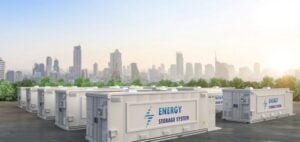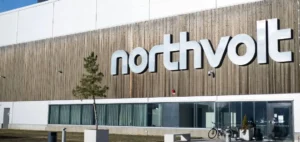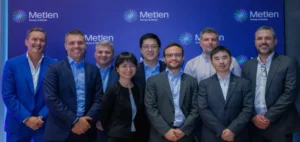Chinese group Sungrow, a specialist in photovoltaic inverters and energy storage systems, has entered into a partnership with Renewable Power Capital to supply its liquid-cooled PowerTitan 2.0 system for the Kalanti BESS energy storage project, with a capacity of 50 MW/100 MWh, located in Uusikaupunki, in southwest Finland. This project marks the first deployment of PowerTitan 2.0 technology in the country and represents a significant step in the rollout of large-scale energy storage systems in the Finnish market. Construction is expected to begin in March 2025.
First Finnish integration of PowerTitan 2.0
The PowerTitan 2.0 is based on liquid cooling technology, enabling precise temperature control of battery cells. This design aims to enhance thermal management, reduce operational risks and optimise performance. According to Sungrow, the system achieves a round-trip efficiency of 90%, contributing to the extended lifespan of equipment while ensuring increased efficiency during charge and discharge cycles. A total of 20 units of 5 MWh each will be deployed in 20-foot containers, integrating both battery cells and power conversion systems.
15-year operation and maintenance contract
Sungrow will also provide operation and maintenance services under a 15-year contract with Renewable Power Capital, covering all site operations. The facility will offer a two-hour storage capacity, enabling participation in the wholesale electricity market as well as in grid services such as frequency response. The Battery Energy Storage System (BESS) technology will bring additional flexibility to the Finnish power system, particularly by facilitating the integration of local wind generation.
Environmental resilience and global deployment
The PowerTitan 2.0 system is rated C5 for corrosion resistance, enabling installation in demanding industrial environments. Sungrow reports that this technology has already been used in several projects worldwide, including in the United Kingdom, the Philippines and Uzbekistan. The Finnish deployment is part of a broader European trend towards rapid energy storage expansion, with more than 140 GW projected to be installed across the continent by 2030, according to S&P Global Commodity Insights.

